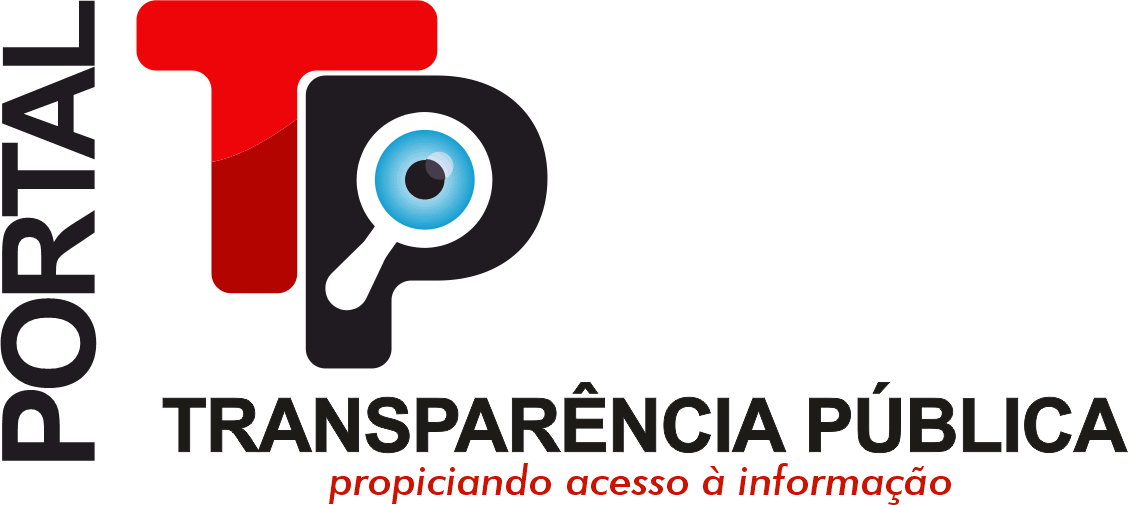You are here:
Início » Access to information » What is Public Transparency?
February 15, 2026 13:13
Latest update:October 1, 2023
What is Public Transparency?

Public transparency is a fundamental principle for a country’s democratic and effective governance. It refers to the practice of making open and accessible information available about the activities and decisions of government and public institutions. This concept aims to strengthen citizens’ trust in their leaders and promote more active and informed participation in political and social life.
In the Angolan context, the Public Transparency Portal was launched in Luanda in 2022, marking a significant step towards a more transparent and accountable administration. This portal, an initiative of PRO BONO ANGOLA, allows citizens to access detailed information on acts of public management, from the construction of infrastructure to the allocation of resources for cleaning and sanitation services. This concrete example highlights how public transparency can be implemented to empower citizens and encourage government accountability.
Public transparency plays a crucial role in a democratic society for several reasons:
:
- Accountability: Transparency allows citizens to understand how public resources are used and how decisions are made. This creates an environment in which political leaders and civil servants are encouraged to act responsibly, knowing that they are subject to public scrutiny.
- Fighting corruption: The availability of open information makes it more difficult for corrupt practices to occur, since government processes are publicly exposed. When citizens have access to details about contracts, spending and transactions, it becomes more difficult for malicious public managers to act with impunity.
- Citizen participation: Transparency encourages the active participation of citizens in political decision-making. When information is accessible, citizens can engage in an informed way in public debates, contribute constructive ideas and push for positive change.
- Strengthening Democracy: Transparency is a pillar of democracy, as it allows citizens to fully exercise their rights and duties as citizens. An informed population is able to make more conscious choices at the ballot box and influence the direction of the country.
- Transparency and Integrity in Public Administration: Transparent governments gain citizens’ trust and legitimacy to make decisions. When people feel involved and informed, they are more likely to support policies and measures implemented by the authorities.
The existence of the Public Transparency Portal demonstrates the commitment to these principles. By providing citizens with accessible and detailed information on public management, PRO BONO ANGOLA is promoting a culture of responsibility, participation, trust and civic engagement of citizens in matters of public interest. Public transparency strengthens institutions, brings leaders closer to the governed, increases the country’s credibility with its international partners (creditors, investors and governments) and strengthens democracy.
However, the successful implementation of public transparency requires the commitment of society as a whole and demands rigor in the management of the public good. Governments and public institutions must ensure that information is updated regularly and presented in a clear and understandable way. In addition, it is essential that the government creates mechanisms that promote and encourage the active participation of citizens in using the information made available to them to demand accountability and responsibility from public servants for the acts they carry out. Citizens can do this by taking part in debates, asking questions and monitoring the performance of the authorities.
Ultimately, public transparency is a powerful tool for strengthening democracy, promoting accountability and fighting corruption. As more countries and communities adopt this approach, it is possible to create an enabling environment for social, economic and political progress. The creation of the Public Transparency Portal is a promising step towards a more open, participatory and accountable future.
Text revised on August 09, 2023, at 13h14′
Bartolomeu Milton
* Ribeiro Tenguna is the author of several books and the bestseller “Quanto Vale a Vida do Africano”. He is a member of the Youth Literature Brigade of Angola and the Experimental Group of the Brazilian Academy of Letters. He is a Computer Engineer, Clinical Psychoanalyst, Conflict Resolution Specialist, MBA-Master in Business Administration from Fundação Getúlio Vargas (FGV) and writes weekly for PTP.
Access Counter:
PUBLIC TRANSPARENCY PORTAL – ANGOLA
Propitiating access to information
Municipality of Talatona, Urban District of Benfica, Estrada Lar do Patriota, Rua V, Travessa II, n.º 584-A
Postal Address: Brito Godins Postal Station, Bairro Kinaxixi, Correios de Angola, PO Box n.º 10196, Luanda – Angola
Contact phone: +244 934 035 233
COPYRIGHT © 2022 – THE PUBLIC TRANSPARENCY PORTAL IS PROPERTY OF PRO BONO ANGOLA® – ALL RIGHTS RESERVED. DEVELOPED BY 15INTELLIGENCE


